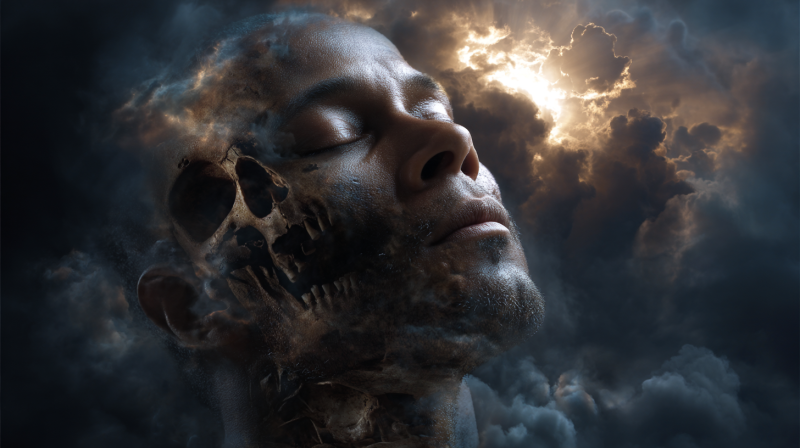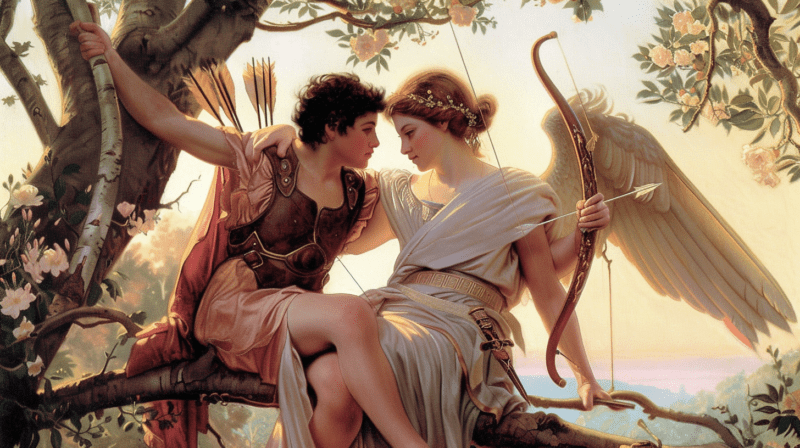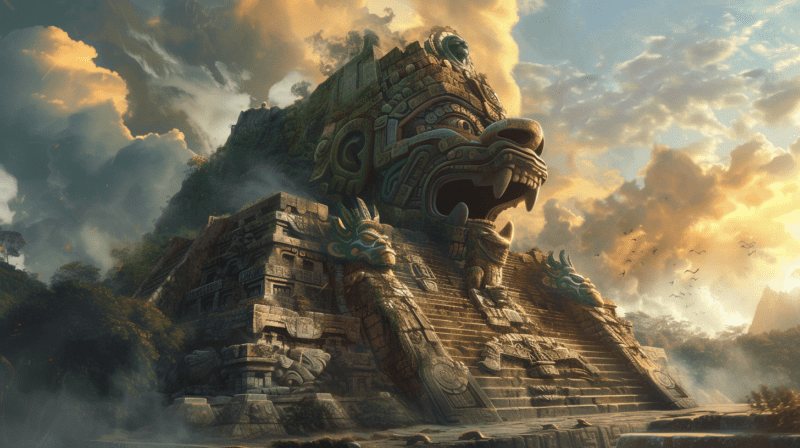Wicca’s or The Craft’s origins are complicated, although traditional Wicca is rooted in so-called “British Mystery Traditions,” such as those of the Picts, who existed before the advent of Celtic consciousness, the Celts, and some Celtic Druidism.
Wicca predates Christianity by about 28,000 years.
A variety of archaeological finds show that Wicca’s history can be traced back to Paleolithic peoples who worshiped a Hunter God and a Fertility Goddess. Cave paintings from roughly 30,000 years ago portray a guy with a stag’s head and a pregnant lady standing in a circle with eleven other people.
Modern American Wicca comes from British Wicca. English and American Gardnerian, Alexandrian, and Celtic Wicca initiates brought British Wicca to the United States in the late 1950s. These are various types of Wiccan traditions. All of these cultures are intertwined with Wicca’s heritage.
The ancient Greek Mysteries of Eleusis, the Italian Mysteries of Rome, Etruria, and the surrounding countryside, the Egyptian and Persia Mysteries prior to Islam, and various Babylonian, Assyrian, and other mid-eastern Mysteries have all played a role in the history of Wicca and its beliefs and traditional practices. Wicca is perhaps best described as a modern religion founded on ancient witchcraft traditions. But keep in mind that not all witchcraft practitioners nowadays are Wiccans.
Wicca is both a way of life and a belief system. Due to the acts of the medieval church, information on how the Wiccan forefathers lived and worshiped has been lost throughout the years. On the other hand, modern Wiccans have attempted to reconstruct Wicca’s history to lay the groundwork for their activities.
In ancient times, Wicca was known as “The Craft of the Wise.” This name came from the fact that most Wiccans worked with natural forces. They also knew about plants and remedies, gave advice, and played a vital role in the village and community as shamanic healers and leaders. The history of Wicca shows that Wiccans used to be respected members of society, which is very different from how they are seen today.
The ancient Wiccans believed that man was not superior to nature, the land, and its inhabitants. They were, instead, only one facet of the world. The concept of sustainable development to maintain balance and equilibrium was important to the ancient Wiccan belief systems. Wicca’s past is far from how humans view the earth now.
Witchcraft and witches have been wrongly characterized as evil and unjust during the previous several centuries. Where do these concepts that have become so ingrained in Wicca’s history come from? Some Wiccans believe that these stories were produced by the medieval church from the 15th to the 18th centuries.
This was done to convert people to Christianity undercover. Many stories in the history of Wicca tell of witches being persecuted for allegedly bad actions.
Another explanation regarding the development of Wicca is that when medical research became more prevalent in society, people who conducted the initial studies were unfamiliar with female physiology, particularly menstruation. This riddle seemed to fit with the church’s strategy of portraying healers as evil heathens and concentrating power and esteem in the hands of male physicians.
Many of these superstitions and lies have persisted to the present day, giving The Craft a bad name. While Wicca is fundamentally witchcraft, most practitioners do not refer to it as such because of the negative connotations. The history of Wicca is important because people who practiced it were persecuted, which led to the current value of religious freedom.





